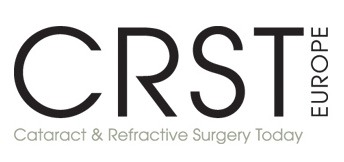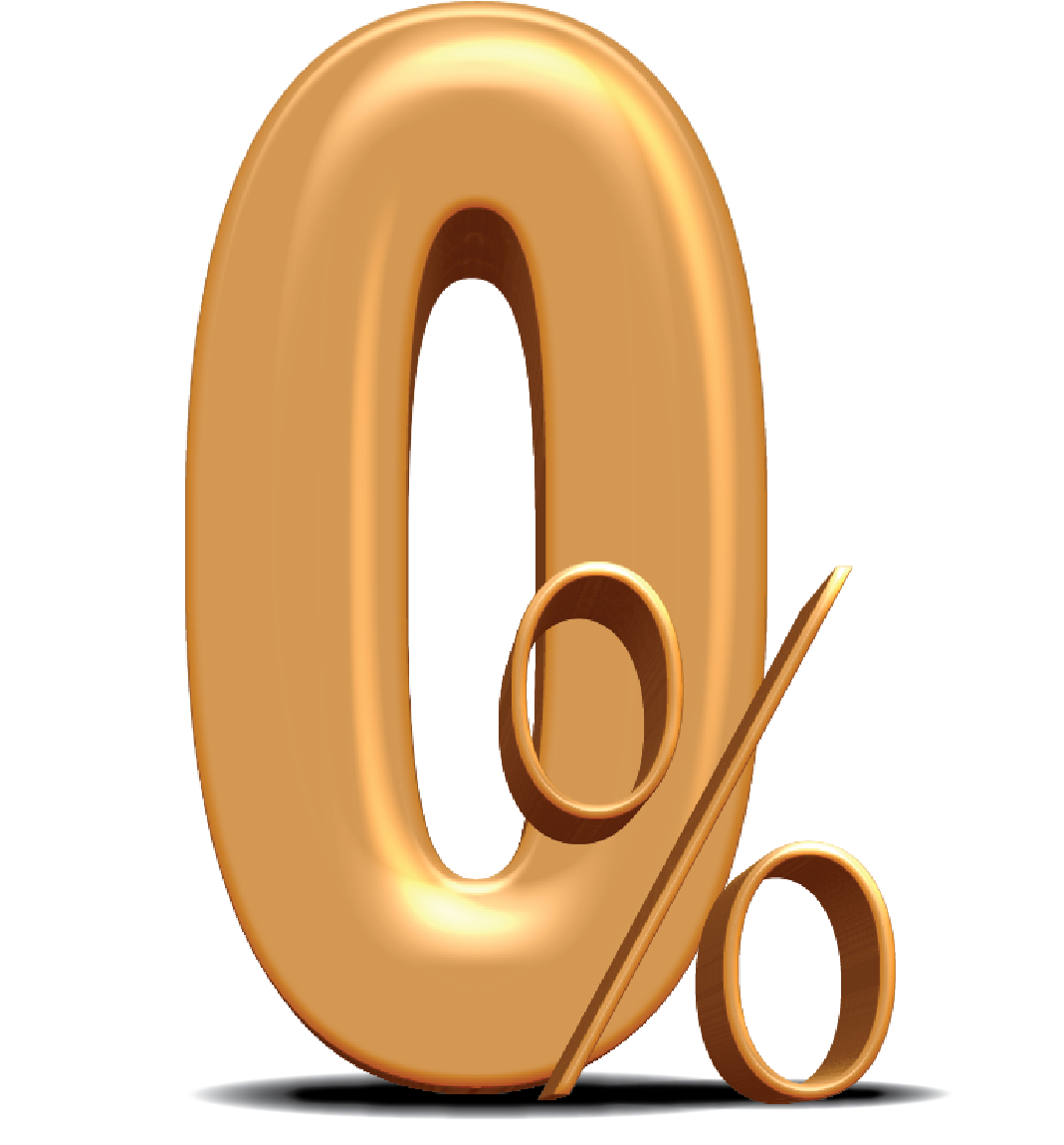Home » Kids Eye Exam
Regular eye exams are crucial for your kid’s well-being. Schedule appointments every 1-2 years, starting at age 3. If you notice any eye issues, even from birth, don’t hesitate to consult an eye specialist.
Our comprehensive 3-hour kids’ eye examination, led by qualified Optometrists and Eye Specialists (Ophthalmologists), encompasses assessments for eye power, visual errors, diseases, and other pediatric eye concerns. Trust us to prioritize your kid’s eye health!
Dedicated Pediatric Ophthalmologist every alternate Tuesday or Saturday by appointment. Here, we are passionate about providing exceptional eye care for your little one, starting from infancy. Our skilled and compassionate team is here to meet your child’s unique needs with warmth and expertise, ensuring their eyes are in the best hands.
“If your kid is struggling with their day-to-day activities, they may just not be seeing right”
80% of learning is VISUAL
A healthy vision is important for your child’s school, play, and everyday activities.
Detecting and addressing vision issues early on is key to ensuring that your children can learn, play, and socialize without struggle.
Neglected eye problems may escalate, impacting learning ability and personality development as they grow. Prioritize their vision for a brighter future!

In addition to common refractive errors such as short-sightedness, long-sightedness, and astigmatism, there are various eye issues in kids that often go unnoticed but can impact their growth.

Squint Eye
Squint, or strabismus, is when the eyes do not align and look in different directions. While one eye focuses on an object, the other may turn inward, outward, upward, or downward.

Lazy Eye
Amblyopia or commonly known as lazy eye is a vision disorder where one eye does not reach normal visual acuity, even with glasses or lenses. Early detection and treatment can prevent reduced vision, but if left untreated, it may lead to severe visual problems, potentially causing legal blindness in the affected eye.

Color Blindness / Deficiency
Color blindness is not a type of blindness but a difficulty in seeing certain colors, like blue and yellow or red and green.
Since 1999, we have been dedicated to caring for our patients’ eyes for more than two decades.
We have cared for over 460,000 patients and helped improve their vision since opening our doors to people looking for reliable eye care.
We only offer approved treatments and technologies. Most importantly, what we offer will only be something that we would use for ourselves and our loved ones.
As a recognition for our pursuit of excellence in patient care, service, innovativeness, business management, human resource, and CSR, VISTA has won numerous awards, making us one of the most awarded eye specialists.
VISTA is often visited by renowned surgeons worldwide, all the way from US, Australia, Japan, China, India, Hong Kong, Singapore, etc. as well as being selected by leading medical technology providers to showcase their products.

At VISTA Eye Specialist, B Corp Certification is our promise to prioritize your well-being with ethical, patient-first care. It means:
Trustworthy Care: Delivered with the highest standards of accountability.
Sustainable Practices: Your care supports a healthier planet.
Community Impact: Every visit helps make quality eye care accessible to more.
This certification ensures every decision benefits you, your loved ones and the world we share — because your care goes beyond vision.








































One of Malaysia’s Best Eye Specialists for Kid Eye Tests and Paediatric Eye Care
If you’re wondering how often you should bring your child for an eye check-up, here’s a helpful guide. It’s recommended to visit an eye specialist every 1-2 years starting from the age of 3. However, if you notice signs like a squint or other obvious eye issues, it’s best to take your child for a child eye examination as early as infancy.
Our expert paediatric eye care specialists in Kuala Lumpur, Malaysia, are experienced in creating a friendly, safe, and fun environment for kids to undergo their child eye examination without fear.
The Importance of Eye Test for Children: Your Guide to Eye Examination for Kids
Regular eye check-ups for kids are vital for their growth and development. Vision plays a key role in learning, with 80% of school material presented visually. Early child eye examinations can detect issues before they affect your child’s ability to learn, play, or socialize.
Untreated vision problems can worsen over time, impacting confidence and overall well-being. Our paediatric eye care services in Malaysia provide comprehensive eye tests for children, ensuring early detection of visual issues.
We also offer advanced treatments for adults, including cataract and LASIK surgery. Book a kids eye test in Malaysia with a trusted eye doctor to give your child the gift of clear vision!
KKLIU: 0945 / EXP 31.12.2027
Vista Laser Eye Center Sdn Bhd 199901006590 (481490-U)
Copyright © VISTA | Designed by Xedea – SEO Company Malaysia